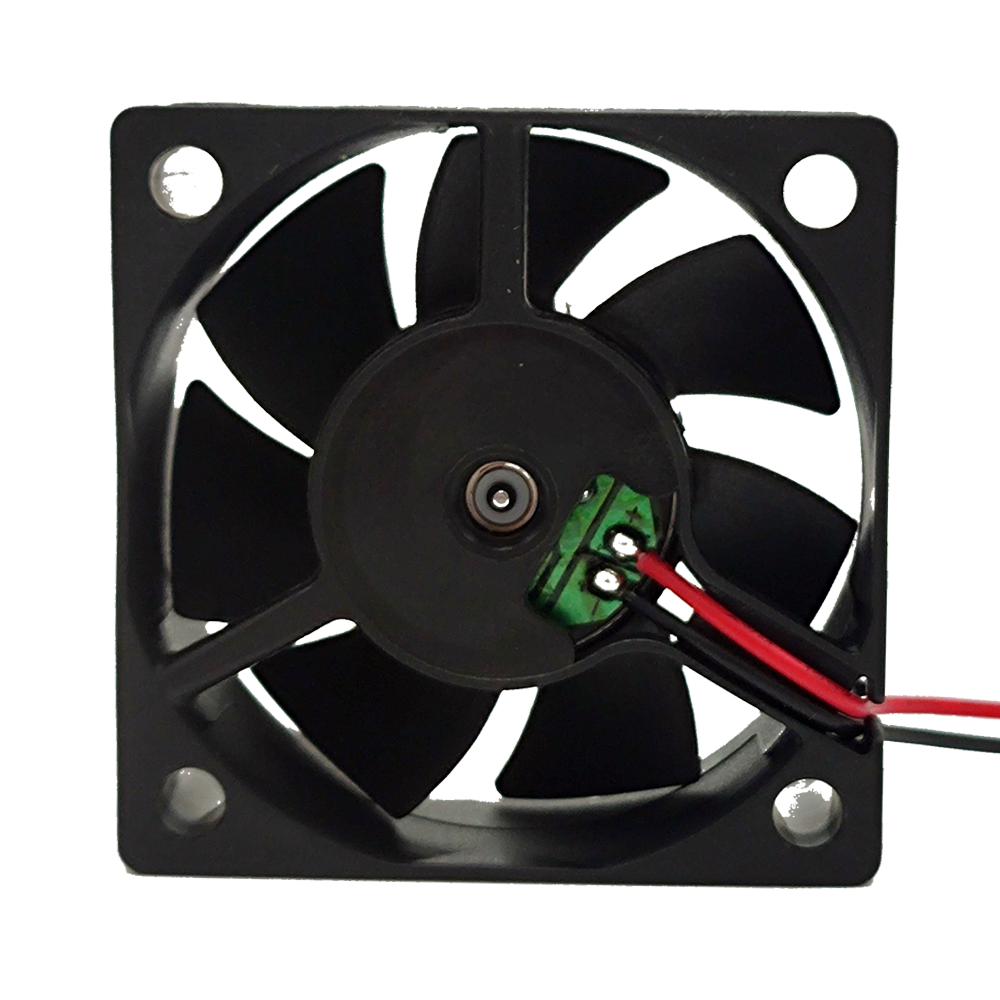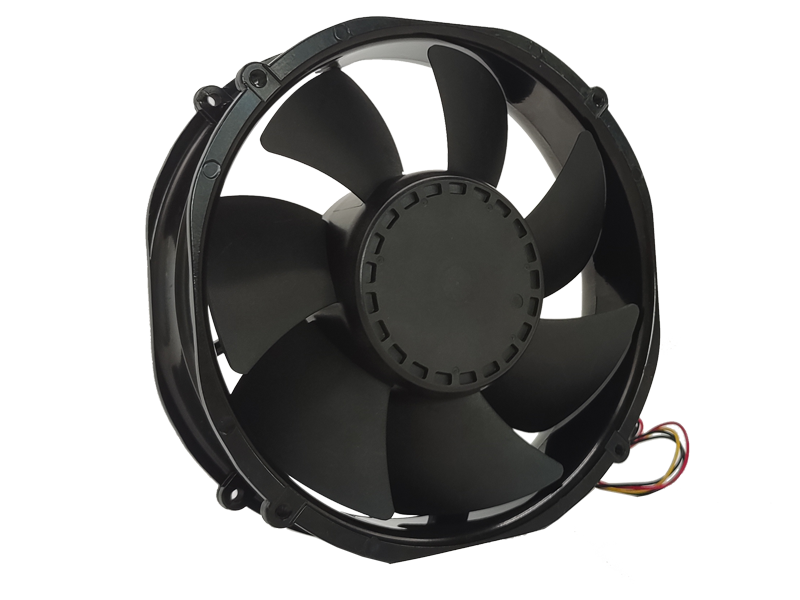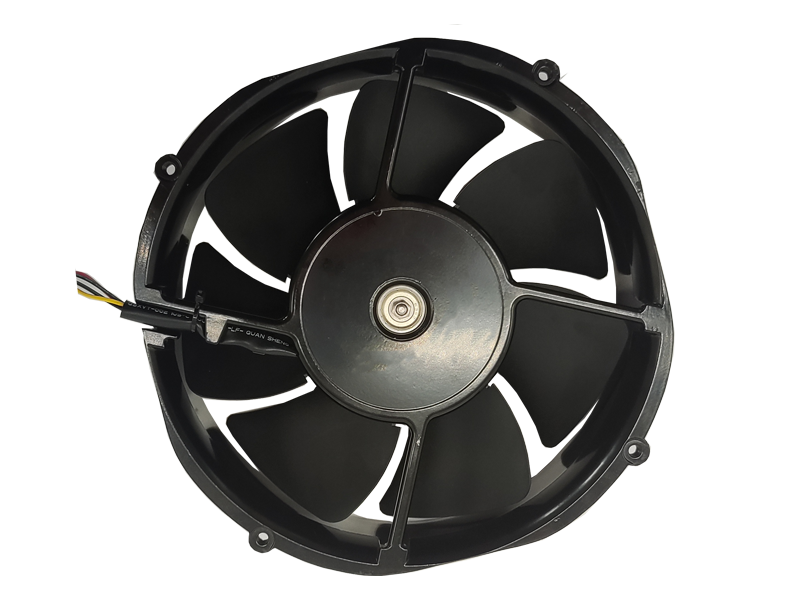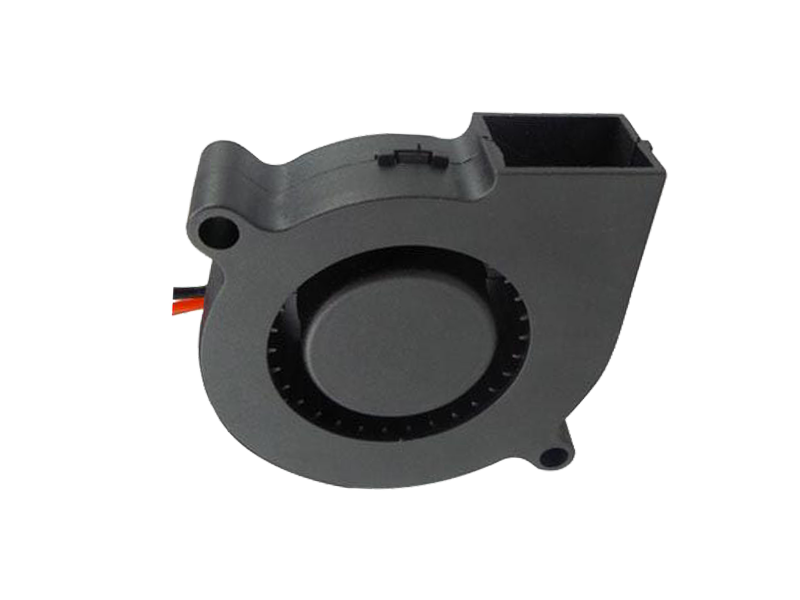Industrial fans are essential components in the effective operation of manufacturing plants, warehouses, and numerous industrial sectors. From regulating temperature to maintaining airflow, these fans play a critical role in ensuring the safety, comfort, and efficiency of industrial operations. Whether it’s improving air circulation, cooling equipment, or reducing hazardous fumes, the right industrial fan can significantly affect operational success. This article explores the essential features and importance of industrial fans in industrial applications, offering insight into how they function, their types, and the considerations when selecting the most appropriate models for various needs.
I. Understanding the Role of Industrial Fans
Industrial fans are mechanical devices designed to move air, gases, or other types of fluid to achieve various purposes such as cooling, ventilation, or even the removal of fumes. These fans are classified based on their application, size, and the type of airflow they create. The importance of industrial fans extends beyond mere comfort; they are vital for the operational efficiency and safety of many industrial environments.
Cooling Equipment and Machinery
In many manufacturing plants, machinery and equipment can generate excessive heat during operation. Industrial fans help dissipate this heat by promoting airflow and cooling the components. This is crucial not only to avoid equipment overheating but also to maintain the longevity and reliability of machinery.
Ventilation in Confined Spaces
Some industrial operations occur in spaces that lack sufficient natural airflow. In these environments, industrial fans ensure that workers are breathing fresh air and not exposed to harmful fumes, dust, or pollutants. This ventilation is necessary for maintaining safety standards and improving worker health.
Dust and Fume Extraction
Many industrial processes, such as welding, cutting, or chemical processing, generate dangerous dust or fumes that can negatively impact the health of employees and damage equipment. Industrial fans equipped with fume extraction systems can filter and remove these pollutants, improving the overall working environment and ensuring compliance with environmental regulations.
Temperature Control in Large Facilities
Large industrial facilities often struggle to maintain consistent temperatures across vast areas. Industrial fans help in controlling the temperature by circulating air, which is crucial for the comfort and efficiency of both workers and operations. Proper air circulation prevents heat pockets and ensures even temperature distribution.
II. Types of Industrial Fans and Their Applications
Industrial fans come in various types, each suited to specific applications. Selecting the right fan depends on several factors such as airflow requirements, installation environment, and the nature of the industrial process.
Axial Fans
Axial fans are one of the most commonly used types of industrial fans. These fans are designed to move air along the axis of the fan and are ideal for general ventilation. They are used in applications where high airflow with low to medium pressure is required, such as in warehouses, factories, and tunnels. Axial fans are highly efficient for cooling large areas and improving air circulation.
Centrifugal Fans
Unlike axial fans, centrifugal fans move air at a right angle to the axis of rotation. These fans generate higher pressure and are ideal for applications that require a higher resistance to airflow, such as exhaust systems in industrial plants, fume extraction systems, or HVAC systems. They are widely used in air pollution control and in applications that require higher air pressure for more effective airflow.
Inline Fans
Inline fans are compact units designed for installation within ductwork. These fans are used to provide ventilation in confined spaces or in systems that require a combination of high airflow and small footprint. They are commonly found in ventilation systems for underground spaces, attics, or in the automotive industry for removing fumes from production lines.
Blower Fans
Blower fans are specialized fans that provide high-pressure airflow for specific applications such as pneumatic conveying, drying processes, or cleaning systems. They are typically used in industries like food processing, mining, and chemical manufacturing, where materials need to be moved or dried efficiently.
Custom Fans
Some industrial processes require custom-designed fans to meet unique airflow, pressure, or temperature conditions. These fans can be tailored to the exact needs of a specific application, ensuring the maximum efficiency and functionality of industrial systems.
III. Factors to Consider When Selecting Industrial Fans
Selecting the correct industrial fan involves understanding both the technical requirements and the environmental factors in which the fan will operate. Here are some critical considerations to keep in mind:
Airflow Requirements
One of the primary functions of industrial fans is to move air. Therefore, understanding the required airflow (measured in cubic feet per minute or CFM) is crucial. The size of the space, the number of people present, and the specific needs of the process will all influence the amount of airflow required.
Pressure Considerations
Industrial fans vary in the amount of pressure they generate. High-pressure fans are necessary for systems that need to push air through ducts or filters, while low-pressure fans are suitable for general ventilation purposes. It’s important to choose a fan that can provide the right balance of pressure and airflow for your needs.
Energy Efficiency
Industrial fans operate continuously, meaning that energy consumption can quickly add up. Choosing an energy-efficient fan is vital to minimize operating costs. Look for fans with high-efficiency motors and those that are designed for low energy consumption without compromising performance.
Durability and Materials
Given the harsh environments in which industrial fans operate, selecting a fan made of durable materials is crucial. High-quality metals, corrosion-resistant alloys, and rugged construction ensure that the fan can withstand wear and tear, high temperatures, and exposure to chemicals or abrasive materials.
Noise Levels
In many industrial environments, noise is a significant concern. High noise levels can affect worker productivity and even lead to hearing damage over time. Opting for a fan designed to operate at low noise levels can help maintain a safe and comfortable work environment.
Maintenance and Serviceability
Industrial fans often require regular maintenance to ensure they continue to perform efficiently. Choosing a fan that is easy to maintain and service, with readily available spare parts, can reduce downtime and extend the fan’s lifespan.
IV. The Future of Industrial Fans
As industries evolve and face increasing demands for energy efficiency, sustainability, and advanced technological solutions, the role of industrial fans will continue to grow. Future trends in industrial fan technology may include:
Smart Fans with IoT Integration

Industrial fans are becoming increasingly connected, allowing for real-time monitoring and remote control. By integrating sensors and IoT technologies, fans can adjust their operation based on environmental conditions or specific process requirements, improving efficiency and performance.
Advanced Materials and Design
Innovations in fan materials, such as the use of composites, lightweight alloys, and anti-corrosion coatings, are likely to make industrial fans even more durable and energy-efficient. Furthermore, advances in aerodynamics and fan blade design can improve airflow efficiency while reducing noise levels.
Energy Recovery Systems
The integration of energy recovery systems in industrial ventilation systems is becoming more common. These systems can capture waste heat from exhaust air and reuse it in heating or other parts of the production process, helping to reduce energy consumption.
Conclusion
Industrial fans are more than just ventilation equipment; they are essential to the safe, efficient, and sustainable operation of many industrial processes. From cooling machinery and controlling temperature to removing hazardous fumes and improving worker comfort, industrial fans are vital for maintaining optimal working conditions. By carefully considering factors such as airflow requirements, pressure levels, energy efficiency, and durability, industries can select the right fan for their needs and ensure long-term operational success.
Recommended Products

The main purpose:Car charging station

The main purpose:Car charging station

The main purpose:Electronic refrigerators, water dispensers, direct drinking machines, inverter power supplies
Address:No. 4137, Longgang Avenue (Henggang Section), Henggang Community, Henggang Street, Longgang District, Shenzhen
hotline:13530005572(Chen)15112579390(Li)


Welcome all friends to come for consultation and negotiation.
Copyright 2024 @ Shenzhen Youneng Xinyuan Electronics Co., Ltd.,(industrial fans,industrial blowers,axial fans,cooling fans manufacturer,centrifugal fans,ac cooling fans,dc cooling fans)